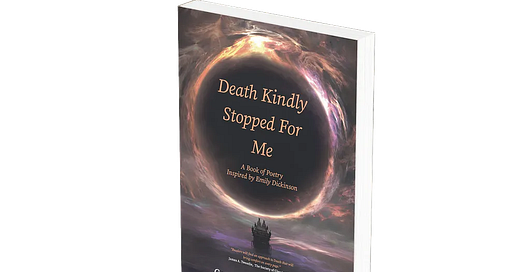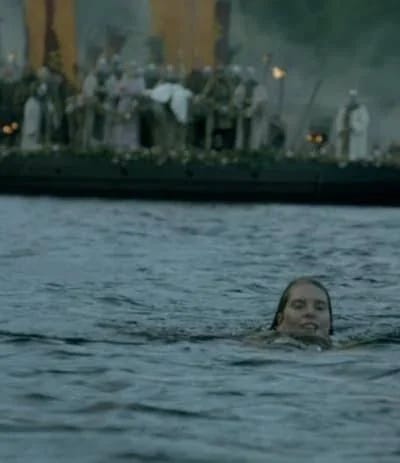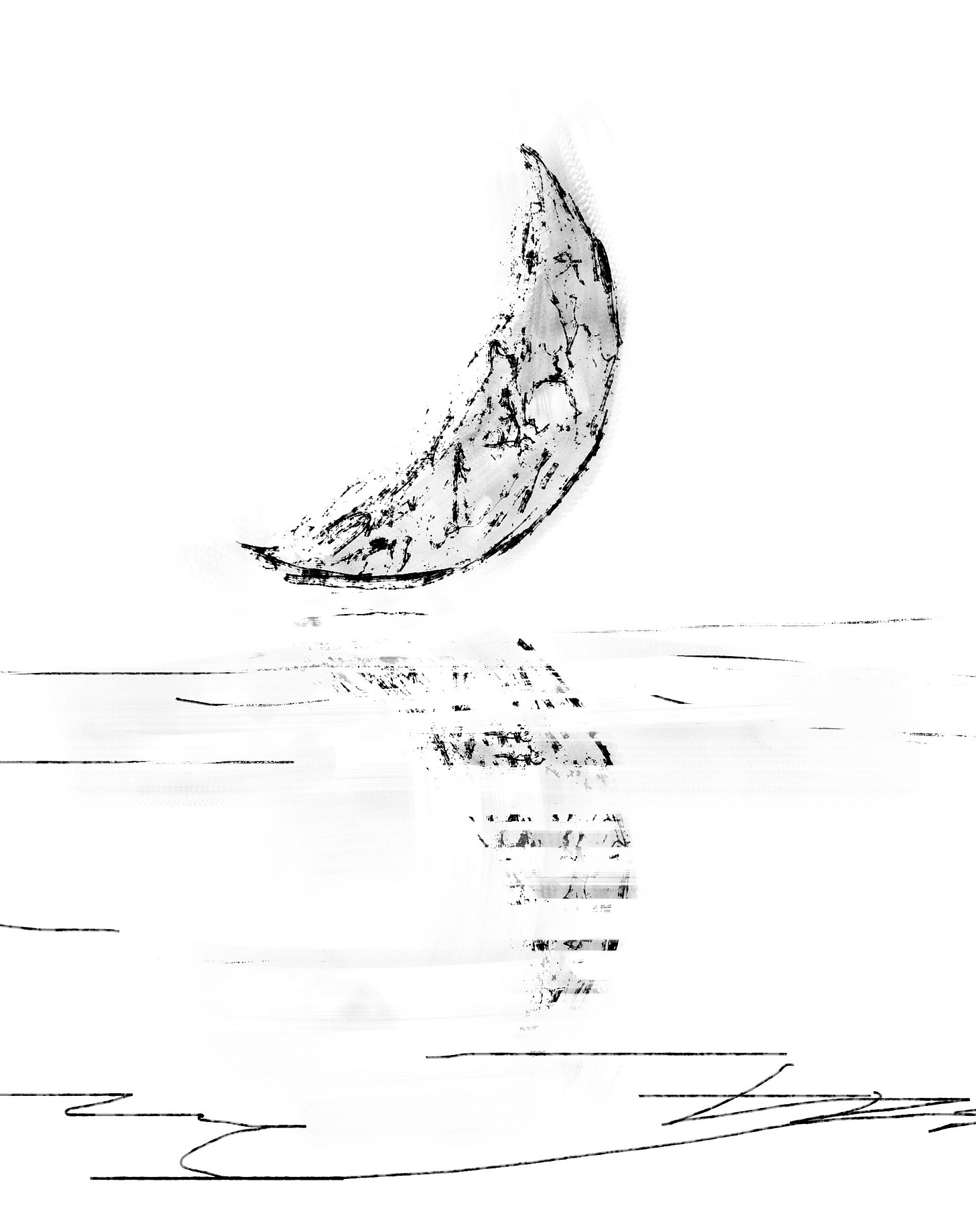"Unable are the Loved to die for Love is Immortality" ~ Emily Dickinson.
Rivers and bays, lakes and oceans . . . in the dwindling days of August, still these sentient bodies of water reach out to our summer-loving souls. We savor the reach of earthly waters to grand destinations of our imagination, or even to a friendly neighbor’s dock beyond sight of our kayak, just around the riverbend. Travelling beyond the riverbend leads to unknown vistas too . . . often to something wondrous and new. As Pocahontas sings in my favorite animated Disney movie:
Why do all my dreams extend
Just beyond the riverbend?Despite the sense of adventure in the Pocahontas animation above, there is an underlying tone of foreboding. In the foreground, the images of the deer and trees are dark. The high rocky cliffs behind the rainbow are shadowed and impenetrable. There is a nebulous aura of uncertainty, yet I feel the focal point of this scene is the young and vibrant Pocahontas, canoeing without fear toward the glimmering rainbow.
One dark side of the marvels of the river or the sea can be the bleak realities of tempests and shipwrecks and drownings.
It is hard to envision drowning as anything but an unmerciful tragedy. I was therefore riveted by an excruciating episode in The Vikings (S6E15) where the plucky heroine Gunnhild drowns herself at sea to be in the afterworld with her beloved husband Bjorn. This she does in full view of her wedding guests, rather than be married to a king she does not love.
In my poem below, Death Led Me to My Pool Angels, the theme of death is associated with a smaller body of water, but as with Gunnhild, the death is positive and divine. The pool in the forest I envision in my poem is secluded and intimate and beautiful.
One of the features that fascinates me in the image above is the whisper of the city in the background. The cityscape here is easy to not even notice at first, and when I do, it is almost as if the stark intransigent faraway city is in another dimension. The spiritual resonance of the pool is far higher and dominates any vestigial lure of the city, despite the city’s size and power. In this image, the power of the city is almost lost in the distance, barely perceptible.
Death Led Me to My Pool Angels
I saw glistening pools in the gray barrens lie
Like great golden angels, surrounded by dew.
My kindred new moon in the far western sky
Was paling and fading from tenuous view.
Death waited kindly, and I grew ecstatic
As this final vision above I beheld.
My vibrant perception expanded like magic,
As Death led me to where my pool angels dwelled.
Corey Elizabeth Jackson
While the jarringly public death of Gunnhild is in a great northern sea, the death of my poem’s speaker is experienced with only the company of her pool angels who await in the afterlife. It is not made clear in my poem that the cause of death is by drowning. Yet there is a palpable connection between my poem and the death of Gunnhild in that a natural earthly body of water can elicit positive perceptions of death. Indeed, Emily Dickinson appears to concur in her poem Drowning is not so pitiful:
Drowning is not so pitiful
As the attempt to rise.
Three times, ’t is said, a sinking man
Comes up to face the skies,
And then declines forever
To that abhorred abode
Where hope and he part company, —
For he is grasped of God.
The Maker’s cordial visage,
However good to see,
Is shunned, we must admit it,
Like an adversity.
Dickinson’s speaker makes clear that the destination of those who drown is to be in the presence of “(t)he Maker’s cordial visage.” In essence, love of the water and fear of the water often go hand in hand. This dichotomy is indicated provocatively by Dickinson’s speaker in the lines “The Maker’s cordial visage,/However good to see,/Is shunned . . . ”
Natural earthly bodies of water, whatever their size, can pulse with fear or love or a combination of both. Whichever of these we experience in our own adventures on the rippling waters of life is dependent on our own individual and vastly diverse journeys here on Earth.









